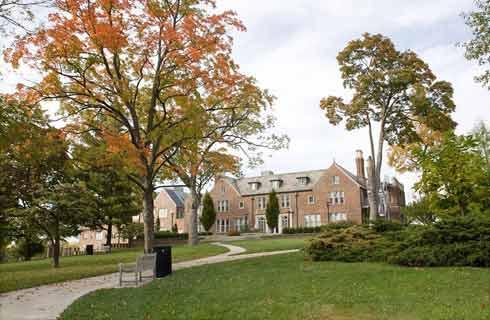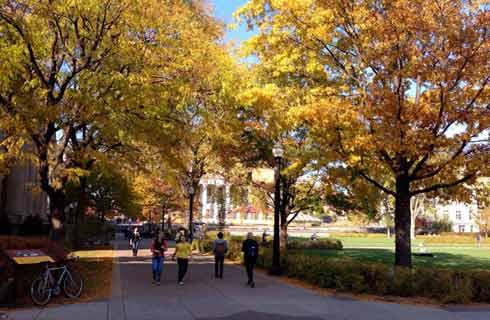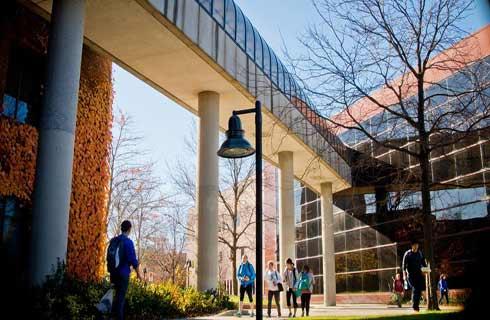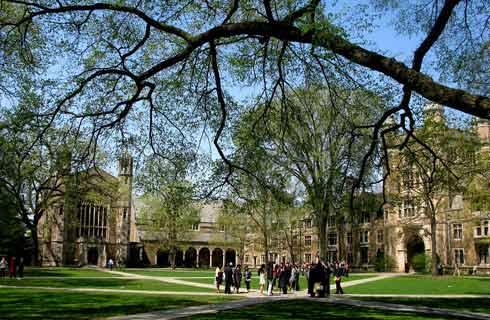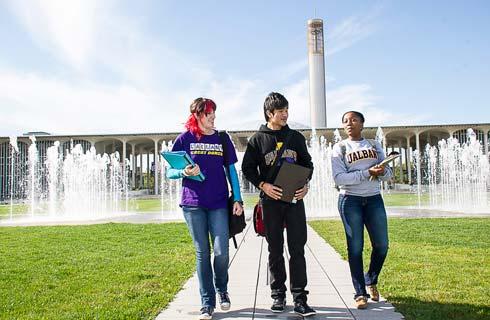国际学生入学条件
A copy of your degree certificate and transcripts which show you have achieved a 2:2 honours degree in a relevant subject area such as Ancient History, Archaeology, Biology, Chemistry, Conservation, Geography, Geology, History, Zoology, or an equivalent international degree. If your degree certificate or result is pending, please upload any interim transcripts or provisional certificates.
展开
IDP—雅思考试联合主办方

雅思考试总分
6.5
了解更多
- 雅思总分:6.5
- 托福网考总分:90
- 托福笔试总分:160
- 其他语言考试:Pearson Test of English - At least 69 overall with a minimum of 62 in all communicative skills
CRICOS代码:
申请截止日期:请 与IDP联系 以获取详细信息。
课程简介
Our MSc Archaeological Science programme combines scientific training with thematic and period-based study, giving you the freedom to tailor your studies to suit your ambitions as a practising archaeological scientist or researcher. You’ll acquire first-hand experience and a thorough practical understanding of the scientific principles and analytical techniques at the centre of archaeological science.We create a sound base for you to maximise the impact of your research and propel your career forward. Whether you’re looking to take a general approach or to specialise in biomolecular archaeology, osteoarchaeology or zooarchaeology, you can create your own portfolio, blending modules by period, theme and skill.Our experts are leading on an exciting range of innovative projects spanning early prehistory to the present day in four major themes: human and animal lifeways; houses and the built environment; materiality; and the social significance of chronology.Our distinguished archaeology research seminar series provides further opportunities to engage with the latest national and international research developments.Pursuing your studies in our suite of purpose-built laboratories, furnished with bioarchaeology and bioanalytical facilities and comprehensive reference collections, you’ll have access to a wealth of specialist equipment. In-house resources range from scanning electron microscopy and fourier transform infrared to raman spectroscopy instrumentation and x-ray facilities. Alongside sample preparation equipment and a bespoke photography suite, we offer specialist visualisation technologies from digital microscopy and GIS to digital illustration.Career prospects - After successfully completing this MSc, you should have a broad spectrum of knowledge and a variety of skills, making you highly attractive both to potential employers and research establishments. You will be able to pursue a wide range of professional careers, within commercial and academic archaeology and the wider heritage sector. Career paths will generally be specialist and will depend on the choice of modules. Graduates will be well placed to pursue careers as a specialist in isotope analysis, zooarchaeological analysis or human osteoarchaeology. They will also be in a position to apply for general laboratory based work and archaeological fieldwork. Working within science communication and management are other options. Potential employers include archaeological units, museums, universities, heritage institutions, Historic England and Cadw. Freelance or self-employment career routes are also common for animal and human bone analysts with postgraduate qualifications. The archaeology department has strong links and collaborations across the heritage sector and beyond. British organisations that staff currently work with include Cadw, Historic England, English Heritage, Historic Scotland, National Museum Wales, the British Museum, the Welsh archaeological trusts and a range of other archaeology units (e.g. Wessex Archaeology, Oxford Archaeology, Cambridge Archaeology Unit, Archaeology Wales). In addition, staff are involved with archaeological research across the world. You will be encouraged to become involved in these collaborations via research projects and placements to maximise networking opportunities and increasing your employability.
展开
















